Bloating
Struggling with bloating? Here’s what you need to know to find relief.
ALL TEST ARE ACCREDITED & REGULATED BY



What is bloating?
When you’re bloated, your stomach or abdomen can feel full and uncomfortable, or even painful.
This bloating happens when your gastrointestinal tract contains too much gas or air. Bloating can be mild, or more severe, and may present as:
– A visibly distended or swollen abdomen
– Feeling very full and uncomfortable
– Feeling of tightness in the abdomen
– Excess gas – belching and/or flatulence
– Rumbling or gurgling
There are several causes of bloating, so it’s important to diagnose the cause of your bloating and find out why it’s happening to you.

Why does bloating happen?
Prolonged periods of bloating could indicate an underlying health problem, if so you should see your GP.
Possible causes can include:
Irritable bowel syndrome (IBS diagnosis)
Ulcerative colitis, a form of inflammatory bowel disease (IBD), where the inner lining of the large bowel is inflamed and develops ulcers
Crohn’s disease, the other form of IBD, where some parts of your colon are inflamed
Too much bacteria in your small intestine (called small intestinal bacterial overgrowth, or SIBO)
Gastroesophageal reflux disease
Food intolerances, especially lactose or fructose intolerance
Producing too much gas (dysbiosis and fermentation)
Weight gain
Stress or anxiety
Delays in your food and drink moving on from your stomach (called gastroparesis)
Eating too quickly, so that you swallow too much air (called aerophagia)

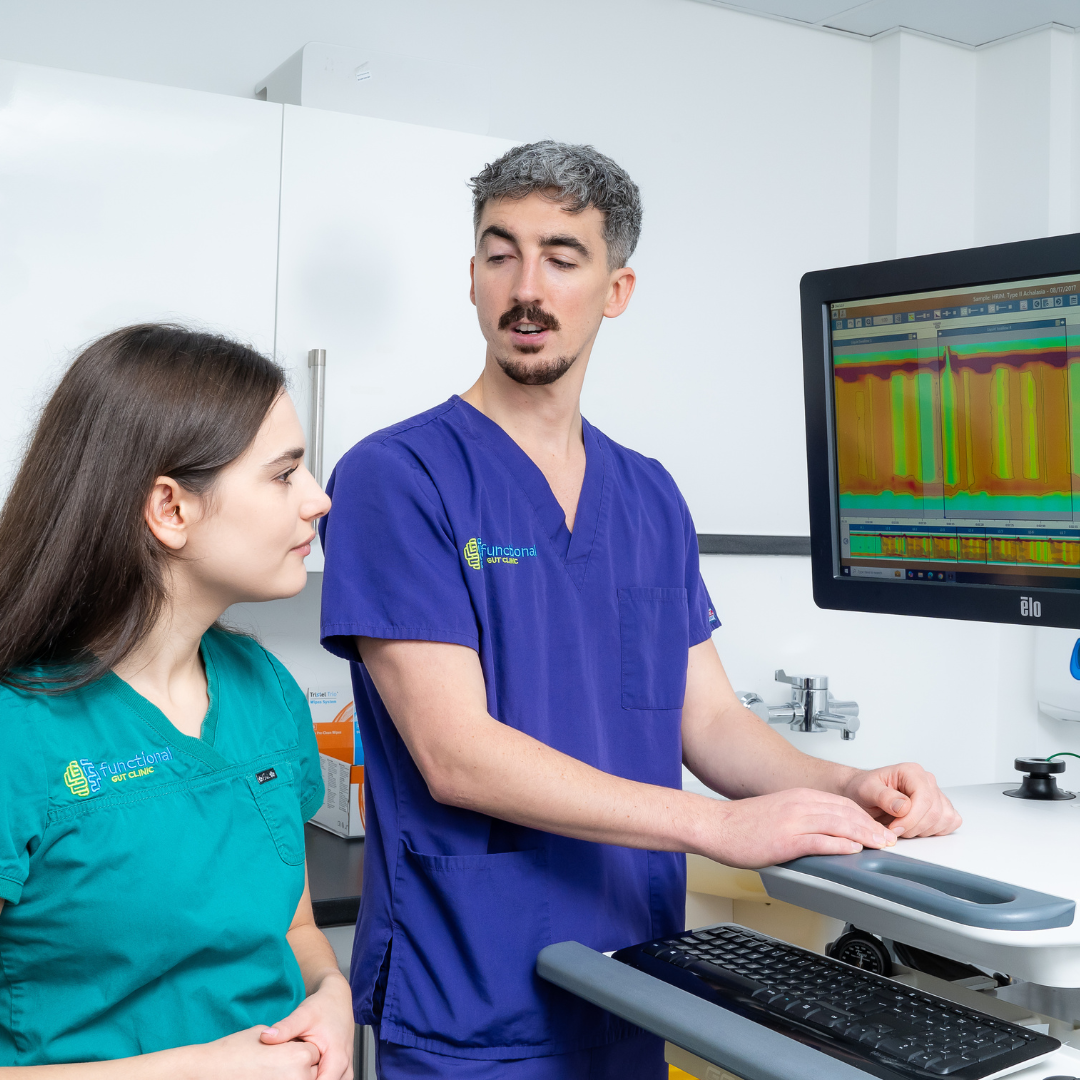
Diagnosing bloating
Feeling bloated is no fun, but once you know what’s going on you can start to manage your symptoms and the underlying causes.
Testing options:
At the Functional Gut Clinic, we can run the following tests to diagnose the causes of bloating:
Gastric emptying test– which measures how quickly food leaves your stomach
Carbohydrate malabsorption breath test– which finds out if you have certain food intolerances (lactose or fructose)
Small intestinal bacterial overgrowth (SIBO) breath test– which finds out if you have an overgrowth of bacteria in your small intestine (called SIBO)
Oesophageal manometry– which measures the function of your oesophagus (food pipe)
24-hour pH impedance monitoring– which looks at whether you have any reflux
Colonic transit study-a non-invasive test which looks at how long it takes for faeces to pass through your bowl
Learn more about bloating

Smoking and Heartburn: Why It Makes Symptoms Worse
Lighting up a cigarette might feel like a quick stress relief. But it could be fuelling something more uncomfortable: heartburn. This burning sensation occurs when acid from the stomach rises up into the oesophagus. Repeated episodes are a sign of gastroesophageal reflux disease (GERD).
While greasy meals and alcohol are well-known culprits, smoking is often overlooked. It doesn’t just irritate your lungs and increase your risk of cancer; it also weakens your digestive defences.
Visit our symptoms page to learn more about heartburn.
So, how exactly does smoking make heartburn worse? And what’s the real connection between the two? Let’s take a closer look.
How Heartburn Works
Heartburn occurs when acid from the stomach enters your food pipe (oesophagus), causing a severe burning sensation. It’s normal, occasionally. However, repeated episodes of heartburn are often triggered by an underlying cause.
Usually, the lower oesophageal sphincter (LOS), which separates the stomach and oesophagus, prevents backflow. But if it becomes relaxed or the stomach pressure is too great, it can be overcome.
The primary difference between occasional heartburn and GERD is that in GERD, acid attacks happen frequently, often several times a week.
The Effect of Smoking on Heartburn
Why does smoking affect your stomach?
It seems strange, right? Well, the effects of cigarettes aren’t confined to your lungs. The harmful chemicals and carcinogens — alongside nicotine — enter your bloodstream. From there, the nicotine causes the LOS to relax, allowing stomach acid to rise.
In addition, smoking reduces saliva production, which contains bicarbonate to neutralise the acid. Taken together, these effects compound to increase the risk of an acid attack.
Other factors include:
Slowed gastric emptying, increasing pressure in the stomach
Irritation of the oesophageal lining
Increased abdominal pressure through chronic coughing
Does Smoking Make Heartburn Worse? Yes, - and Here’s Why
Smoking doesn’t just trigger heartburn; it makes your existing symptoms worse. It weakens your body’s natural countermeasures, from relaxing the LOS to delaying stomach emptying.
But these effects are also cumulative.
Repeatedly smoking puts your body into a pro-inflammatory state. Inflammation is closely linked to GERD as well as pre-cancerous conditions like Barrett’s oesophagus, where persistent acid exposure causes cellular changes in the oesophageal lining.
Then, there’s the cough. The so-called ‘smoker’s cough’ occurs in long-term smokers. This increases your abdominal pressure, overpowering your LOS and forcing acid upwards. It’s just one more contributing factor.
Can Quitting Smoking Prevent Heartburn?
Yes. Despite online rumours stating that quitting smoking makes GERD worse, the reverse is true. A study of 141 former smokers revealed that 43.9% of participants reported fewer GERD symptoms after one year of quitting. In comparison, the control group of smokers saw no change in reflux symptoms.
That being said, don’t expect the change to occur overnight. It takes a little time for your body to filter out all the harmful chemicals. However, you should see improvements — even if mild — within a week or so.
How to Relieve Heartburn
So, there’s a clear connection between smoking and heartburn. But how do you relieve these symptoms?
Follow these tips:
Don’t Try Nicotine Alternatives. People often rely on nicotine substitutes when they quit smoking. Think patches and gum. The problem is that these provide a constant release of nicotine. That’s actually more likely to trigger acid attacks than smoking.
Avoid Other Triggers. If you’re continuing to smoke, you should at least minimise other triggers, e.g., avoid fatty foods, limit alcohol intake, don’t eat just before bed, and keep your head elevated when you sleep.
Have Preventive Medication. There are two main types of medications: relief and prevention. Antacids are the only relief medication, neutralising the acid causing the attack. H2 blockers (e.g., ranitidine) and proton pump inhibitors (e.g., lansoprazole) will reduce acid production, providing long-term prevention.
Quitting smoking is, of course, the best path forward. It can be very difficult, but it doesn’t have to be. In the UK, free local stop-smoking services are available throughout the country, offering evidence-based treatments like medications, nicotine replacement therapy, and personalised quit plans.
For some, finding the right exercise can also help manage heartburn by promoting healthy digestion and maintaining a healthy weight.
You can also ring 0300 121044, the Smokefree National Helpline, for further support.
Get a Full Diagnosis for Heartburn Symptoms
Still struggling with persistent heartburn, even after quitting smoking or making lifestyle changes? It could be a sign of something more complex, like GERD or an underlying motility disorder.
The Functional Gut Clinic specialises in advanced diagnostic testing to get to the root of reflux, heartburn, and digestive discomfort. Book a consultation today and take the next step towards lasting relief.
Hear from people we’ve helped, just like you.
"Very professional while welcoming and friendly"
"The manner and demeanour of all staff from reception to people carrying out the test was very professional but welcoming and friendly. Atmosphere is very relaxed and all instructions clear and concise."
London Patient

"Highly recommend this"
"Thanks to Dr Hobson and everyone at the Functional Gut Clinic. The whole team is very kind and generous and they are doing things that are cutting edge and they actually get results."
Manchester Patient

"Highly recommend this"
"After stopping my lansoprazole, every time I had a warm drink, I could feel it burn all the way down to my stomach. Thank you to Sam for making me feel at ease." - Manchester Patient

"My experience could not be better"
"Pleasant and knowledgeable staff that made the experience more enjoyable than it should be!" - London Patient

"Very friendly and knowledgeable"
"An excellent service from beginning to end. I would recommend to anyone who was considering having testing done. Very friendly and knowledgeable!" - Manchester Patient

"Very kind and helpful"
"It was also great to have time to talk to the clinicians – very important when you have problems. Reception staff also very kind and helpful." - Manchester Patient

Are you experiencing any other symptoms
Symptoms are often closely connected. Find out more below.
Reflux
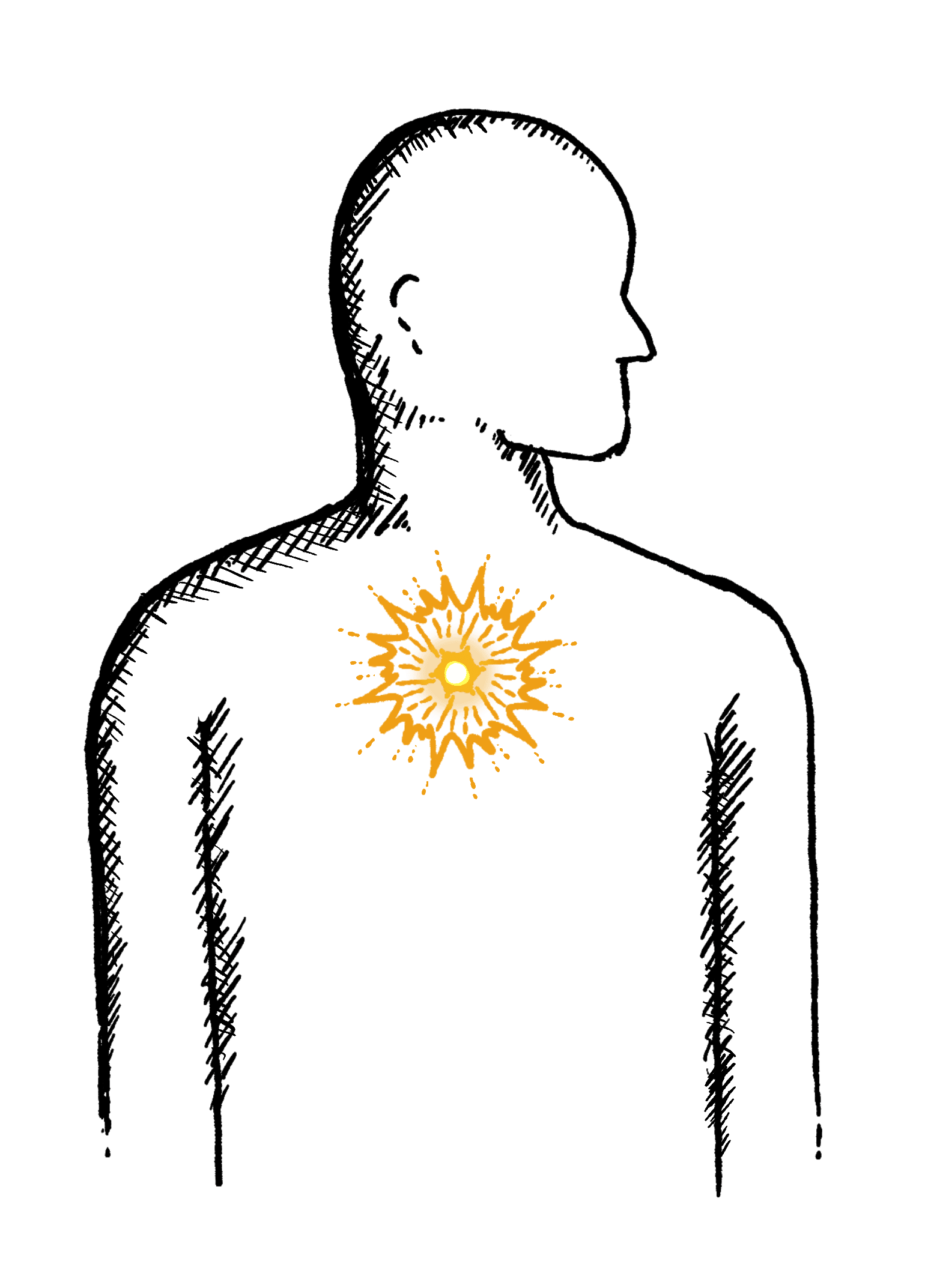
Burning mid-chest, worse when bending or lying down
Constipation
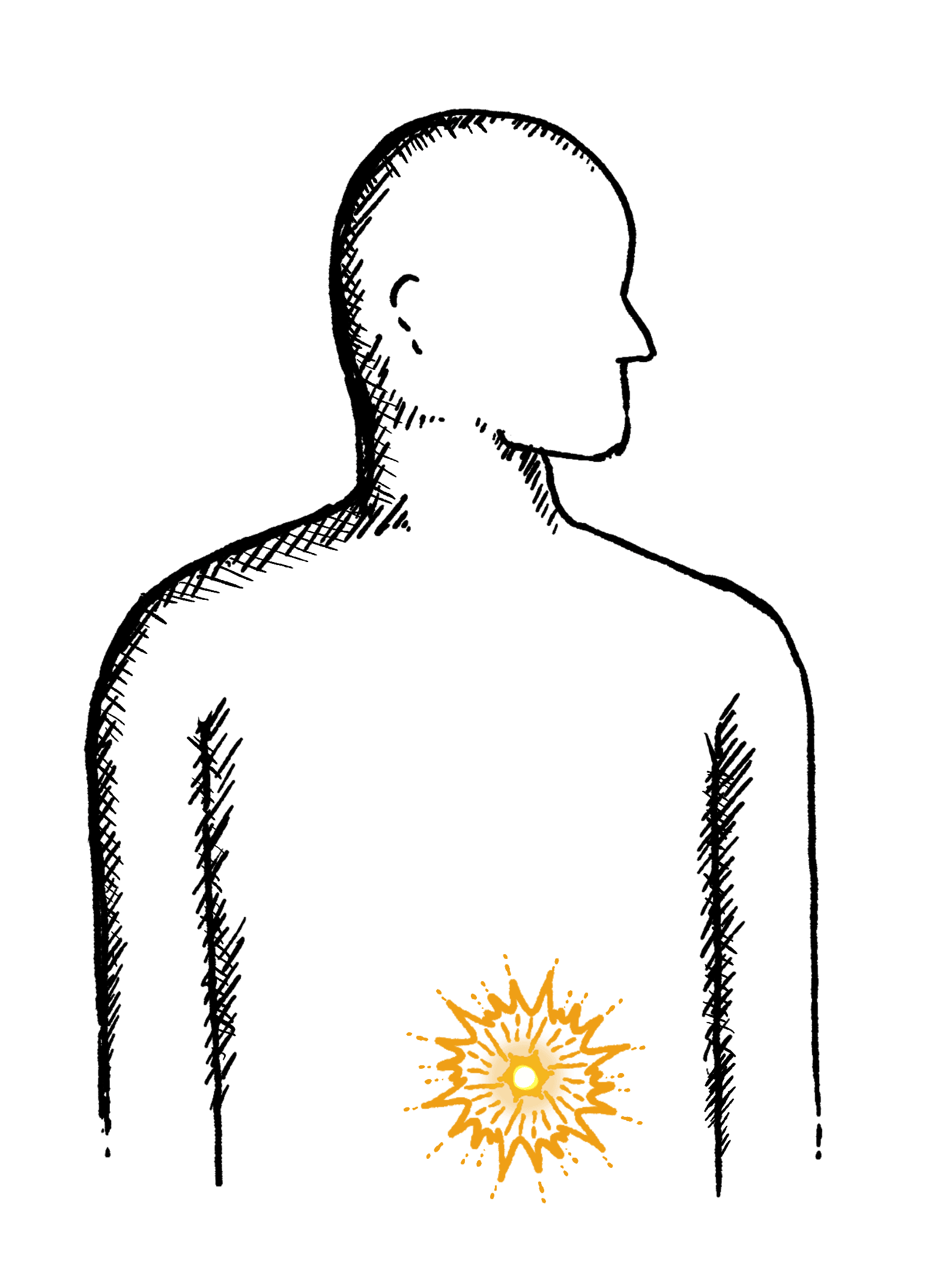
Difficulty going to the toilet, unusual stools, often with stomach ache or intestinal cramps, bloating, nausea or appetite loss
Heartburn

A burning pain in your chest, just behind your breastbone.
The pain is often worse after eating...
Regurgitation
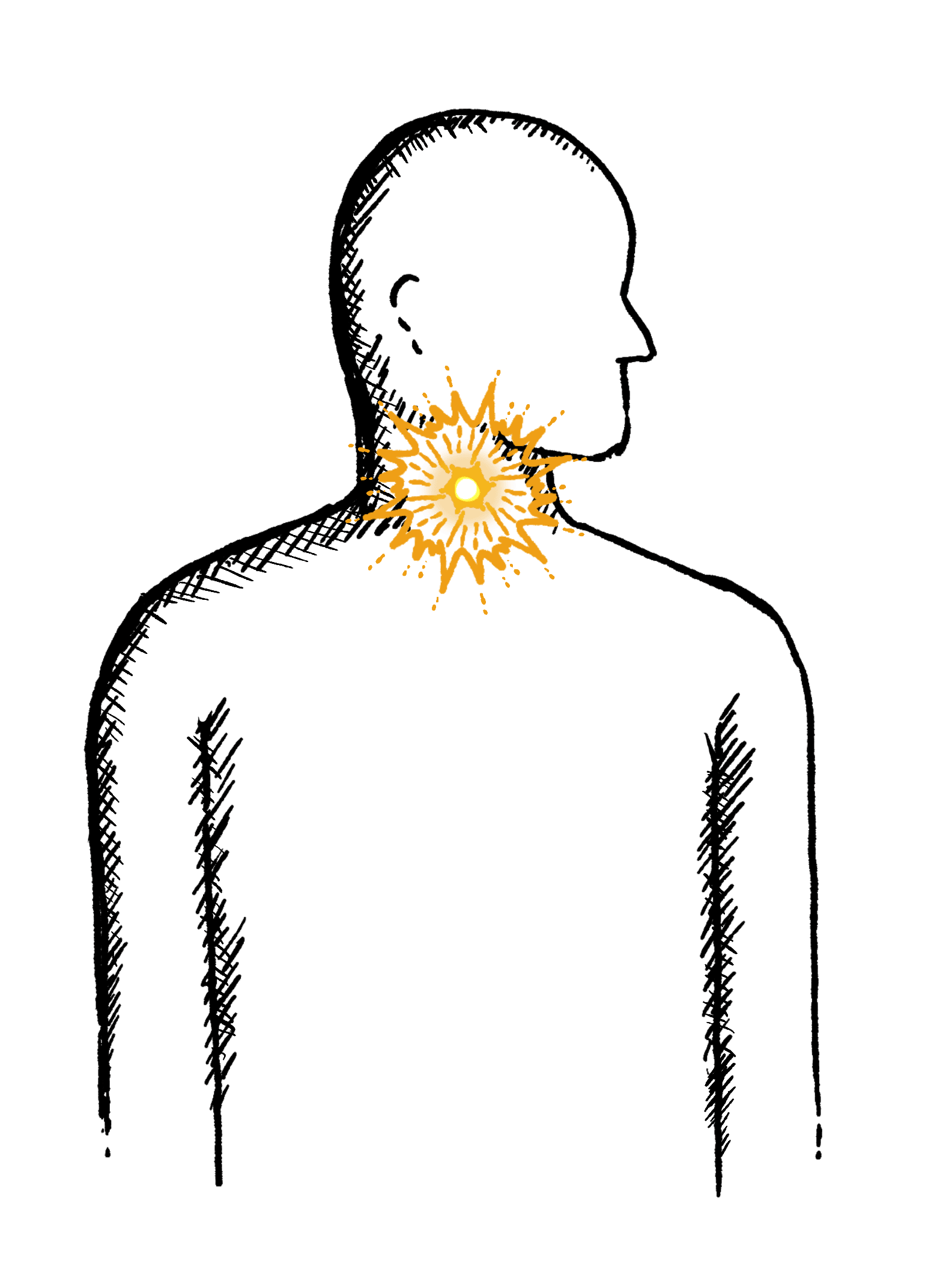
Bringing food or drink back up, difficulty swallowing, feeling that food or drink is stuck in your throat, horrible taste in your mouth
Swallowing Issues

Dysphagia - difficulty swallowing, feeling that food or drink is stuck in your throat, horrible taste in your mouth
Diarrhoea
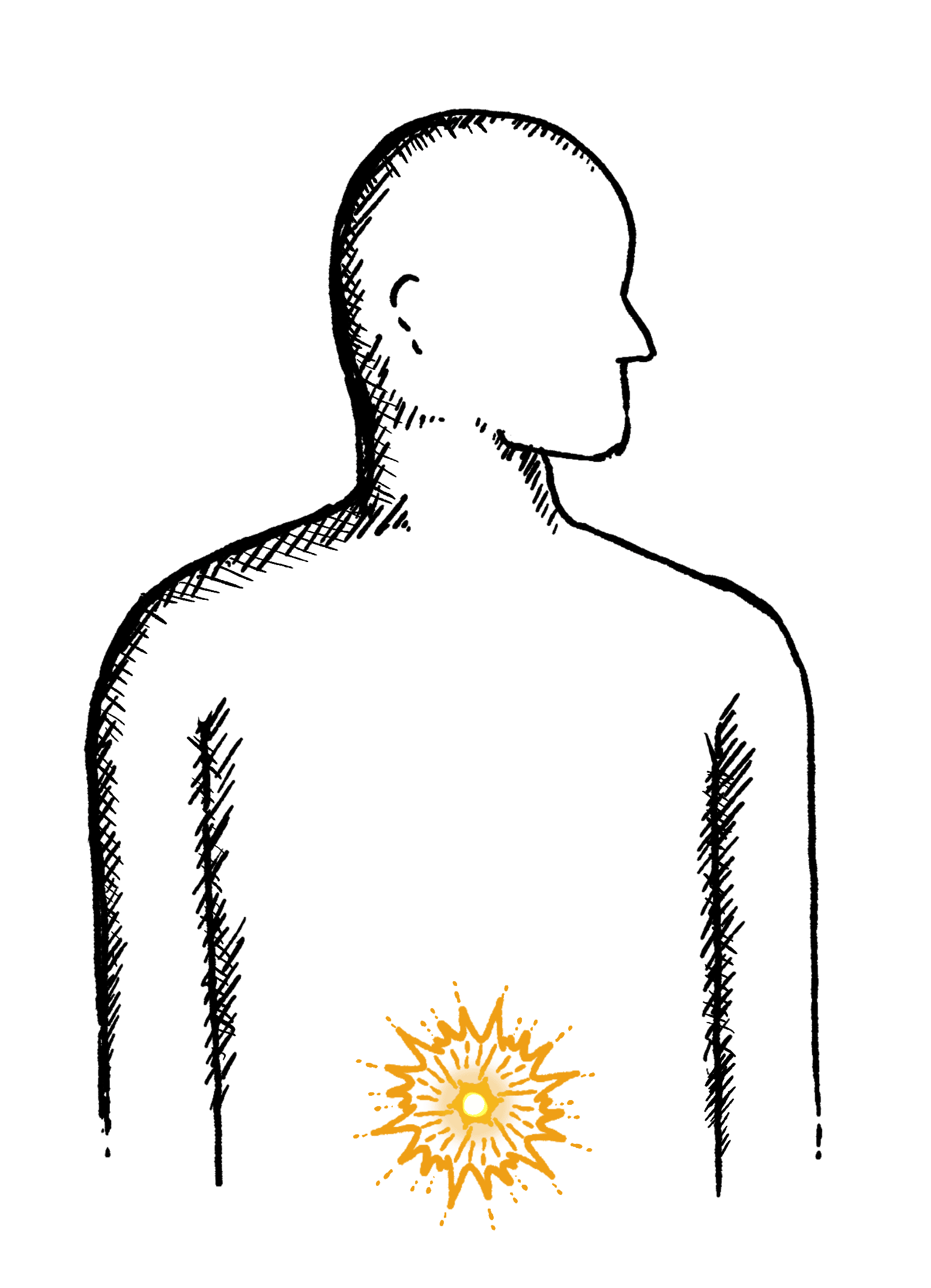
Loose or explosive stools, can’t get to a toilet in time
Abdominal Pain
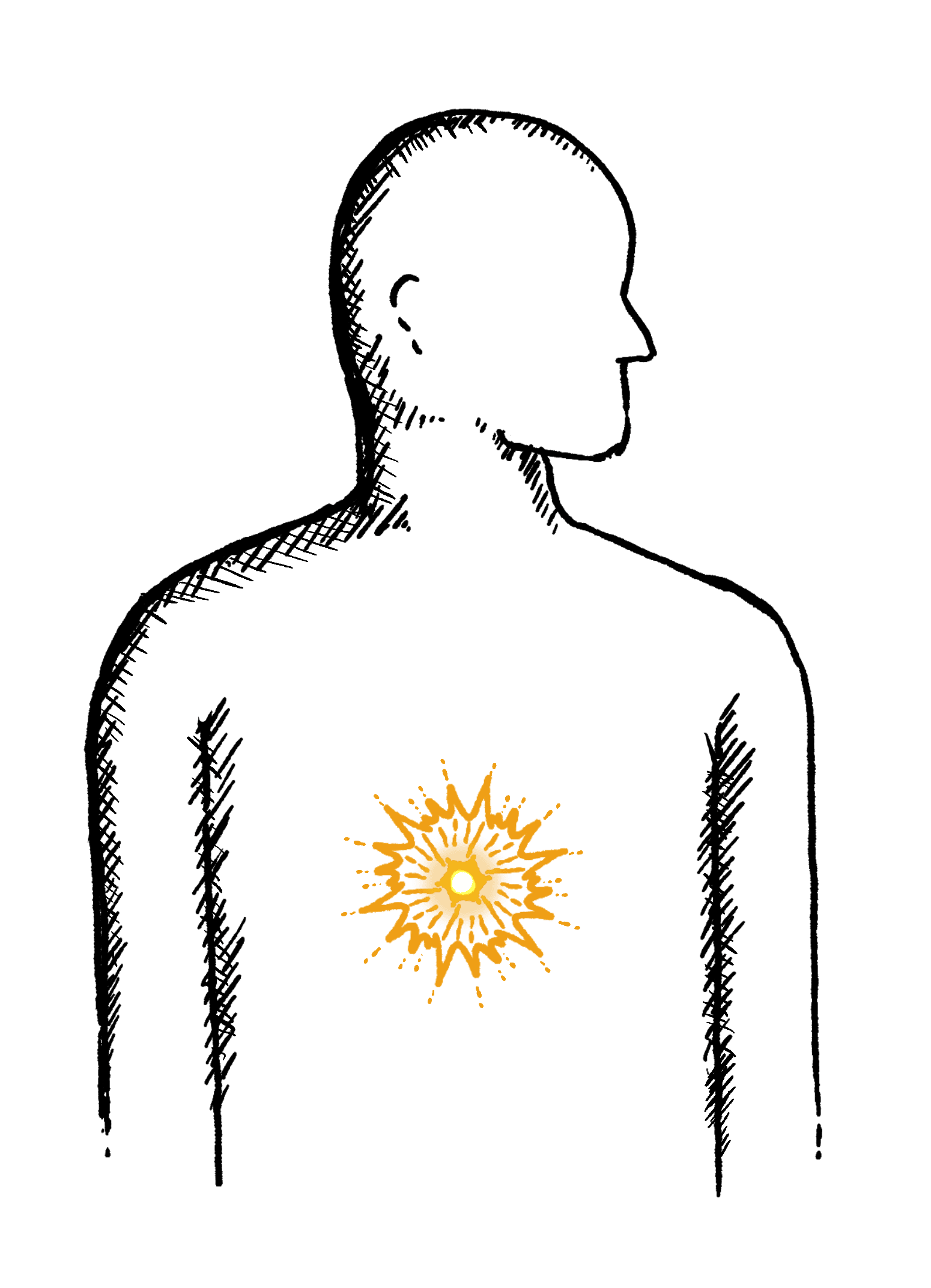
Cramps; sharp or dull pain, Bloating, Excessive belching, Nausea or vomiting
Faecal Incontinence

Stools leak unexpectedly, Can’t get to a toilet in time
IBS
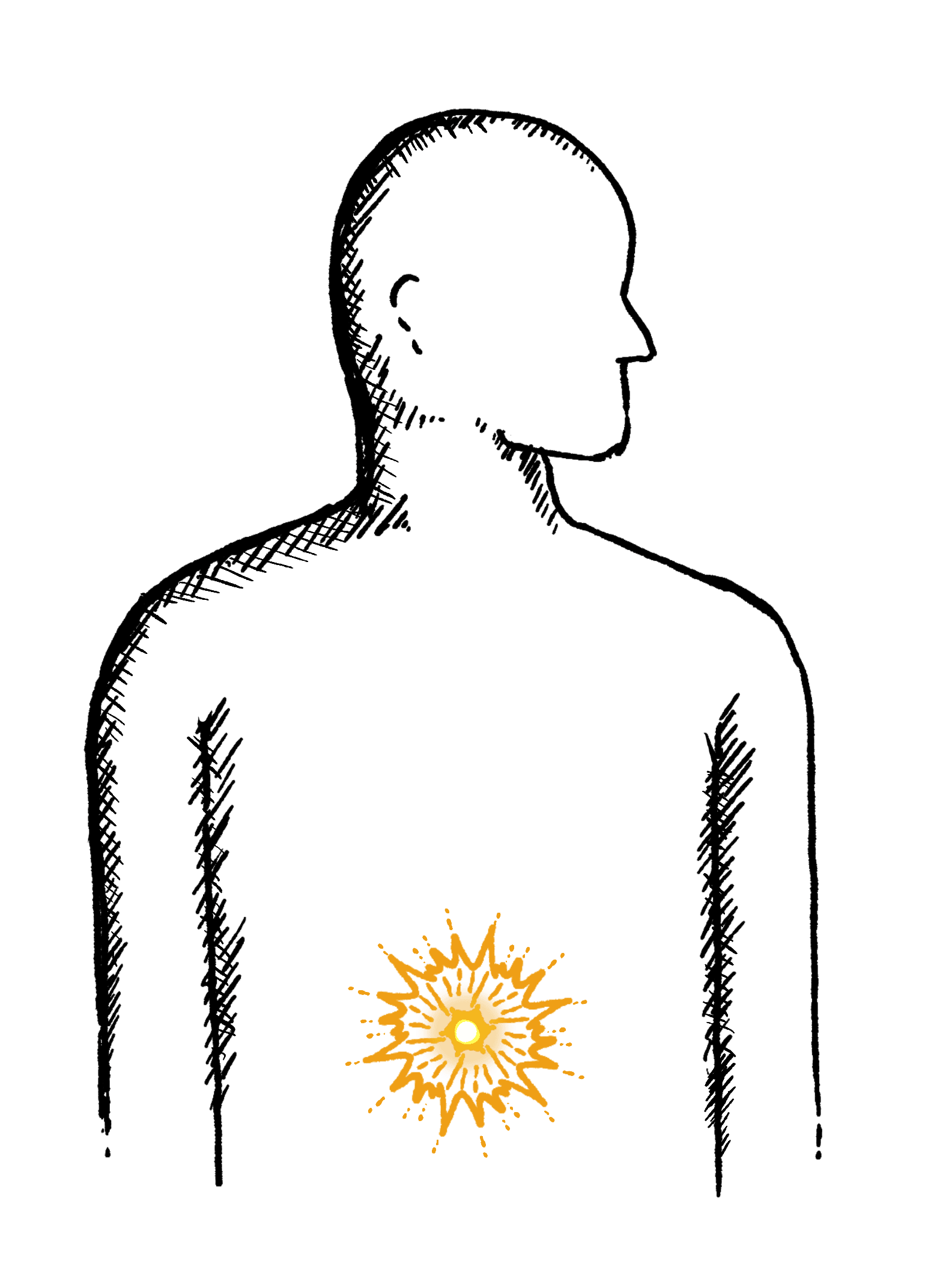
Abdominal pain or cramping, bloating, changes in bowel habits and urgency, gas

